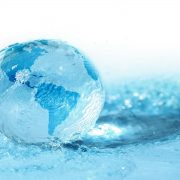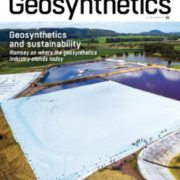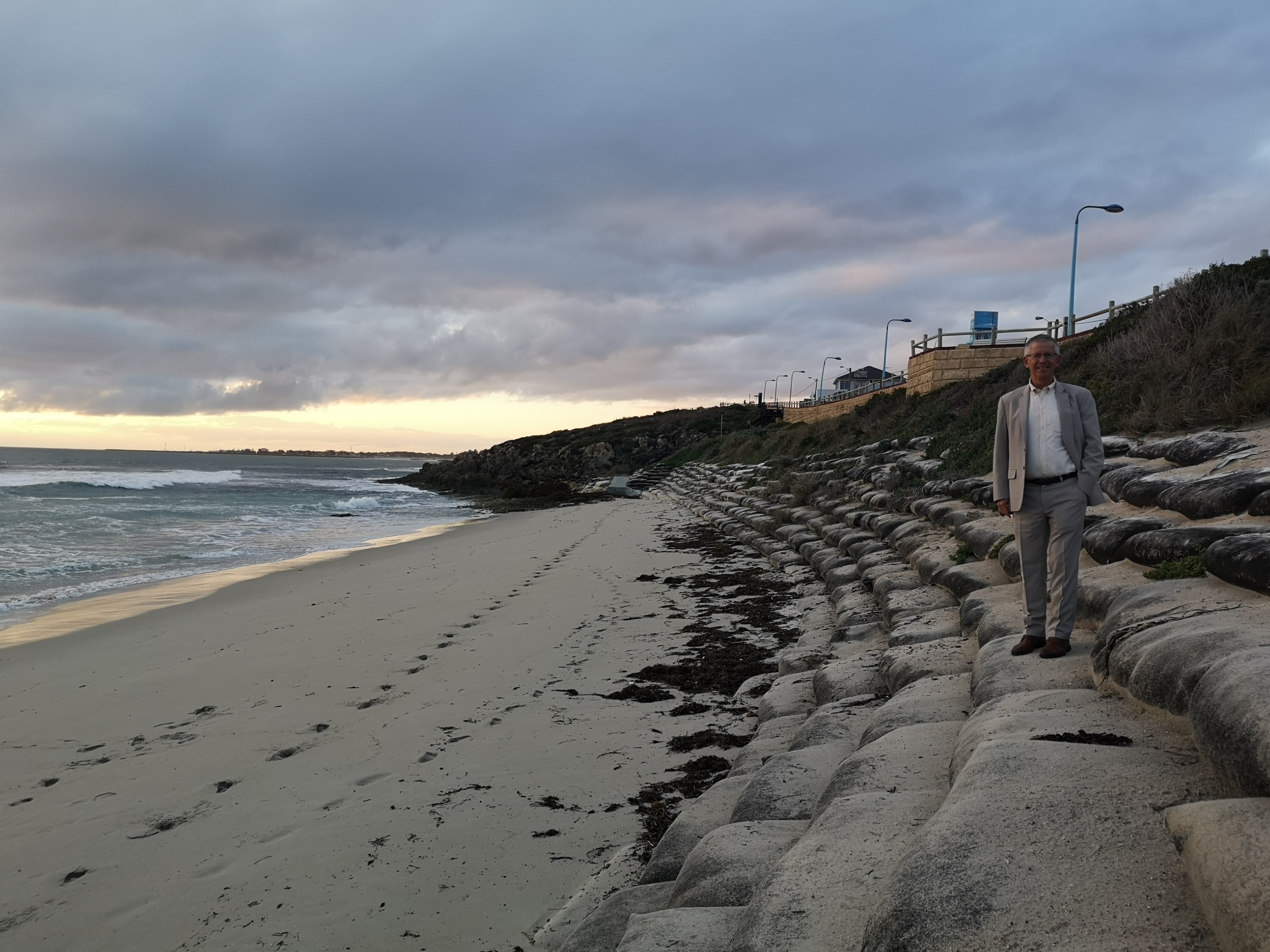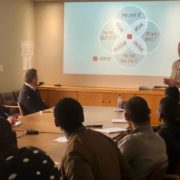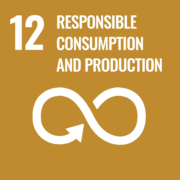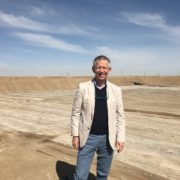Sustainability performance 2023
So how did I do last year?…well, better, but still not good enough.
On a personal basis, I am relatively content. I dramatically reduced automobile usage in 2023, converting to train for several trips that I would have driven prior, as well as reducing the overall volume of travel. Lots of video conferencing and only two airplane voyages last year – Morocco and Rome for the IGS ICG. My indication of success is that I have zero frequent flyer status with any airline and the two flights I did take were offset with carbon credits. My consumer choices were also much improved: re-use of items is up dramatically, I am a regular at several brocants (resale stores) and buy very little “new” stuff. That which I do buy, I scrutinize, primarily for transport – no more out of season fruits and vegetables transported overseas in container ships. Buy local whenever possible, even if it costs more. My personal recycling also remains quite high – My waste stream is over 50% heading to the recycling bins, not the landfill/incineration pathways. Composting has increased as well.
On the negative side, I still travel by car for a great number of things, short distances but using the car every other day or so. I should measure how much gasoline I buy each year to see if I am really declining, or if I am kidding myself.
While I am not content, my answer to the question “What if the whole world lived as I do?” has certainly gotten more reasonable. I continue to balance my consumption with efforts within my industry to provide positive environmental benefits. Having stepped down from the chair, I continue to serve on the IGS Sustainability committee and I have accepted a leadership position with FedIGS https://geoengineeringfederation.org/ supporting their sustainability efforts there. I have expanded my work area to include sustainability and life cycle analysis calculators and software and am working with multiple clients in this arena.
I promise to keep at it!

